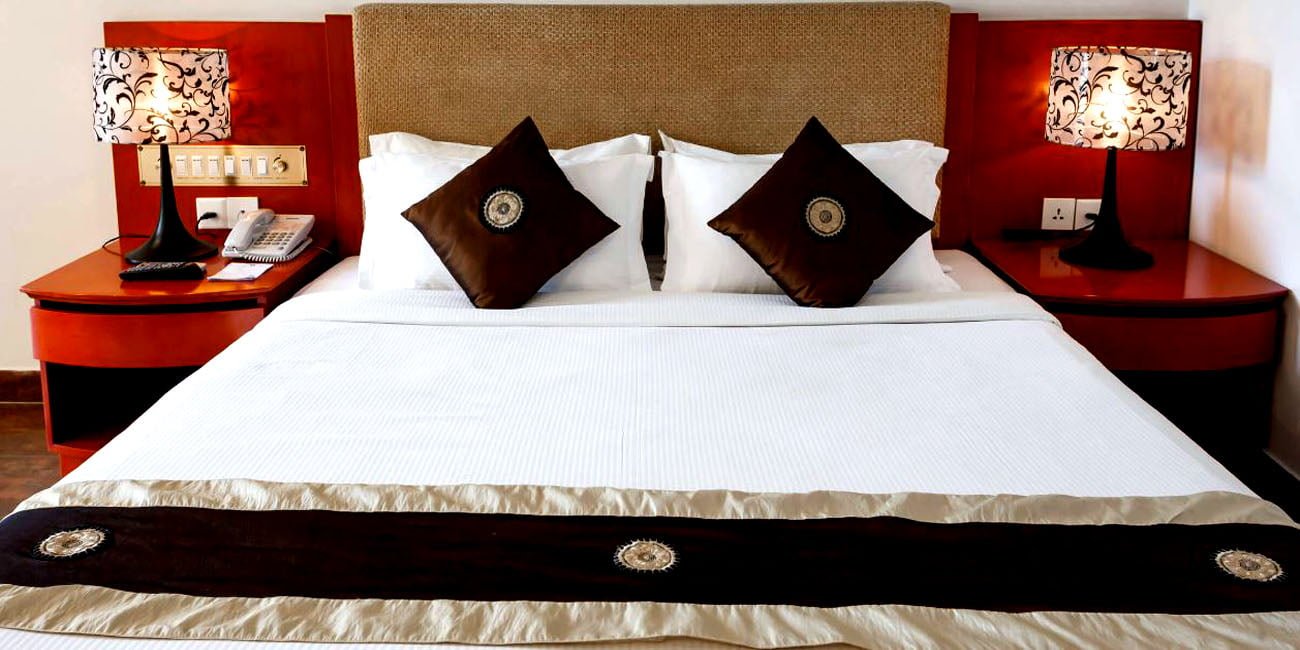Relocating to a new country can be a whirlwind of emotions, filled with excitement, anticipation, and a fair bit of apprehension. France, with its rich history, world-renowned cuisine, and idyllic landscapes, has been the dream destination for many. If you’re about to make this dream a reality, here are six tips to ensure your move is as smooth as possible.
1. Master the Basics of the Language
While many French citizens speak English, especially in major cities like Paris, it’s advantageous to grasp the basics of the French language. Knowing everyday phrases and greetings can help in your daily interactions and make your transition smoother.
Start with phrases like:
- Bonjour (Good morning/Hello)
- Merci (Thank you)
- Où est…? (Where is…?)
Enrolling in a language class or using online platforms can also be beneficial. Remember, it’s not about achieving fluency instantly but being able to communicate your needs and understand others.
2. Get Acquainted with French Etiquette
French society places a high value on manners and etiquette. Simple gestures like greeting shopkeepers when entering or leaving a shop can make a significant difference in your interactions.
Here are some points to note:
- Always say “Bonjour” during the day and “Bonsoir” in the evening when greeting someone.
- If you’re invited to someone’s home, it’s customary to bring a gift, such as wine or flowers.
- Kisses on the cheeks (la bise) are common but always wait for the other person to initiate.
3. Understand the Legal Requirements
Before you move, familiarise yourself with the visa and residency requirements for France. Depending on your nationality and the reason for your move (work, study, retirement), the necessary paperwork can differ.
Ensure all your documents are in order, from your passport to birth certificates. For some official procedures, you might need a translation of your documents. This is where Sworn translations services in France come in handy. They provide certified translations that are accepted by French authorities.
4. Secure Housing Before You Arrive
It’s essential to secure housing before you arrive, even if it’s temporary. Websites like ‘Le Bon Coin’ or agencies can help you find rental properties. If you’re looking for something more long-term, consider hiring a local estate agent.
Bear in mind:
- Rental properties in France might not come with essential appliances like fridges or ovens.
- You’ll typically need to provide proof of income or have a guarantor if you’re renting.
5. Be Prepared for Bureaucracy
The French administrative system is notorious for its red tape. From setting up a bank account to registering with local authorities, be prepared for lengthy procedures and plenty of paperwork.
Here’s a brief checklist:
- Register with the local town hall (mairie) soon after your arrival.
- If you’re working, make sure you have a social security number and are affiliated with the French healthcare system.
- Consider getting legal or professional advice for complex processes, like buying property.
6. Embrace the Culture and Lifestyle
Living in France is more than just enjoying croissants and sipping wine (though that’s a fantastic part of it!). Immerse yourself in local customs, festivals, and traditions. Join local clubs or groups to meet people and make friends. The French have a laid-back approach to life, especially outside of Paris. Shops might close for a few hours in the afternoon, and meals are often lengthy relaxed affairs.
Remember:
- Sundays are quiet days, with many shops closed.
- Each region in France has its own distinct culture and traditions, so be open to exploring and understanding the diversity of the country.
In conclusion, moving to France can be a life-changing experience. While the process might seem daunting, with careful planning and an open mind, you’ll soon be calling this beautiful country home. À bientôt en France! (See you soon in France!)







![What to Wear When Hiking in Summer [Stay Cool and Comfy] What to Wear When Hiking in Summer](https://tourinplanet.com/wp-content/uploads/2023/10/What-to-Wear-When-Hiking-in-Summer-238x178.jpg)


![What Does Aviates Stand for in Aviation? [The Art of Flying] Aviates](https://tourinplanet.com/wp-content/uploads/2024/07/Aviates-100x75.jpg)














![25 Best Peruvian Foods You Must Try In Peru [With Recipes] Peruvian Food](https://tourinplanet.com/wp-content/uploads/2024/07/Peruvian-Food-100x75.jpg)


